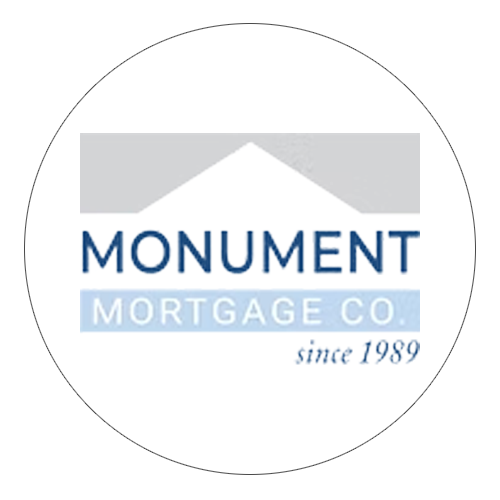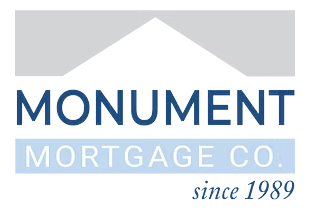781.861.7767
info@monumentmortgage.com
General Mortgage Questions
What is a mortgage, and how does it work?
A mortgage is a loan used to purchase a home. The lender provides funds upfront, and the borrower repays it over time (typically 15-30 years) with interest. The home serves as collateral, meaning the lender can take possession if payments aren’t made.
What is the difference between a mortgage broker and a bank?
A mortgage broker works with multiple lenders to find the best loan options for borrowers, offering more flexibility and competitive rates. Banks lend directly but only offer their own products, which may be more limited.
How do I know how much house I can afford?
Lenders consider your income, debt-to-income (DTI) ratio, credit score, and down payment to determine affordability. A general rule is that your total monthly mortgage payment should not exceed 28-31% of your gross monthly income.
What is DTI or Debt to income ratio
Debt-to-Income Ratio (DTI) is a key financial metric lenders use to assess a borrower’s ability to manage monthly payments. It compares your total monthly debt payments to your gross monthly income.
How is DTI Calculated?
Total Monthly Debt Payments divided by Gross Monthly Income
Example Calculation:
Total Monthly Debt Payments: $2,000 (including mortgage, car loan, student loans, credit cards, etc.) Gross Monthly Income: $6,000 DTI Ratio: (2000/6000)×100=33.3%
Why Does DTI Matter?
Lenders use DTI to determine how much of your income is already committed to debts. A lower DTI means you have more financial flexibility and are less risky to lenders.
What DTI Do Lenders Prefer?
Conventional Loans: Below 43% (sometimes up to 50% with strong credit)
FHA Loans: Up to 50%
VA Loans: Preferably below 41%, but flexible
USDA Loans: Around 41%
What factors affect my mortgage interest rate?
Credit score, loan amount, down payment, loan type, market conditions, and economic trends all influence interest rates.
What is the difference between a fixed-rate and an adjustable-rate mortgage?
A fixed-rate mortgage has the same interest rate for the entire loan term, ensuring consistent payments. An adjustable-rate mortgage (ARM) has a lower initial rate but can fluctuate after a set period.
Mortgage Process & Pre-Approval
What documents do I need for a mortgage pre-approval?
Common documents include:
- Proof of income (W-2s, pay stubs, tax returns)
- Credit report Bank statements
- Employment verification ID (driver’s license or passport)
How long does the mortgage approval process take?
The pre-approval process takes a few days, while full approval (including underwriting) can take 30-45 days.
What is the difference between pre-qualification and pre-approval?
Pre-qualification is an estimate of what you may be able to borrow, based on self-reported financials.
Pre-approval is a formal offer from a lender, requiring verification of financial documents.
Does getting pre-approved affect my credit score?
Yes, but only slightly. Lenders conduct a hard credit inquiry, which may lower your score by a few points.
Can I get a mortgage if I am self-employed?
Yes, but you’ll need to provide two years of tax returns, profit-and-loss statements, and bank statements to verify income.
Down Payment & Closing Costs
How much do I need for a down payment?
It depends on the loan type:
- Conventional loans: as low as 3%
- FHA loans: 3.5%
- VA/USDA loans: 0%
- Jumbo : as low as 5%
Are there any low or no-down-payment mortgage options?
Yes, Conventional (3%) FHA (3.5%), VA (0%), and USDA (0%) loans offer low-down-payment options.
What are closing costs, and how much should I budget for them?
Closing costs cover lender fees, title insurance, taxes, and more. They typically range from 2-5% of the home price.
Can closing costs be rolled into my mortgage?
Sometimes, but it depends on the lender and loan type. VA loans allow this, and some lenders offer lender credits to help cover costs.
What is private mortgage insurance (PMI), and when do I need it?
PMI is required if you put down less than 20% on a conventional loan. It protects the lender if you default and can be removed once you reach 20% equity.

